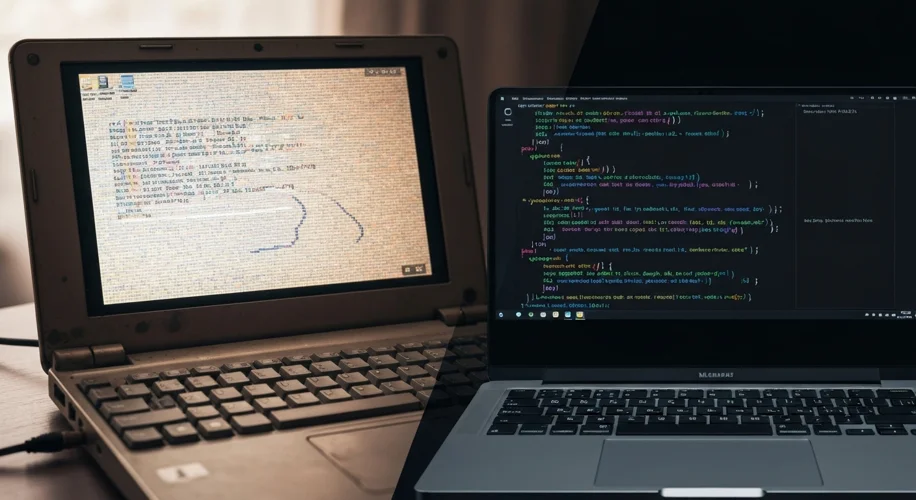Okay, so hear me out… we’re all seeing the hype around AI coding tools. They promise to write code faster, debug like a champ, and generally make our lives easier. And yeah, they can be helpful. I’ve used them myself for quick snippets or to get unstuck on a tricky problem.
But here’s the catch: the idea that AI is going to replace traditional coding skills anytime soon? I’m not so sure. Let’s be real, calling AI-generated code “AI coding” as a new skill is kind of like saying setting up your development environment is a whole new programming language. It’s a tool, a powerful one, but still a tool.
One of the biggest limitations I’ve run into is the non-deterministic nature of AI. You ask it to write a function, and it might give you a perfectly good solution. Ask it the exact same thing again, and you might get something completely different, maybe even something that doesn’t quite work. This “black box” behavior means you can’t always trust the output without rigorous checking. You’re still the one responsible for making sure the code is correct, efficient, and secure.
And let’s talk about context windows. For those who aren’t deep in the AI weeds, a context window is basically how much information an AI can “remember” or consider at once. For massive codebases, understanding the entire project’s architecture and dependencies is crucial for writing good code. Large Language Models (LLMs) that power these AI coding tools have mathematical limits to their context windows. This means they can struggle to grasp the nuances and interconnections in complex, real-world applications. They might generate code that works in isolation but breaks the larger system.
Think about it: a seasoned developer doesn’t just write lines of code; they understand the architecture, the long-term maintenance, the scalability, and the subtle implications of each decision. They’re problem-solvers who can think critically and adapt to unforeseen challenges. Right now, AI is great at pattern matching and generating variations, but it doesn’t possess that deeper understanding or the intuition that comes from years of hands-on experience.
So, is AI coding a new skill? Not really. It’s an enhancement, an augmentation to our existing skill set. The fundamental principles of computer science, algorithms, data structures, and clean, maintainable code? Those are still the bedrock. Relying solely on AI without a solid foundation in traditional coding is like trying to build a skyscraper with only a blueprint and no construction knowledge. It’s not going to end well.
My advice? Embrace AI tools as assistants. Use them to speed up repetitive tasks, explore different solutions, and learn new things. But never stop honing your own craft. Keep building, keep learning, and keep that critical thinking sharp. That’s what will truly make you indispensable.

